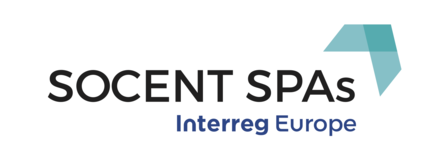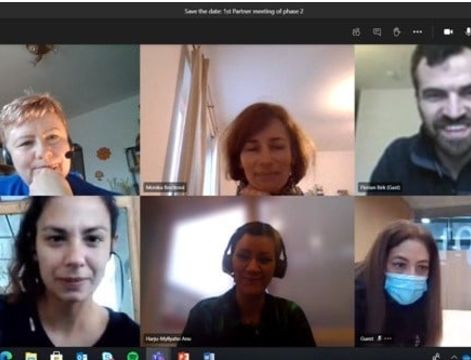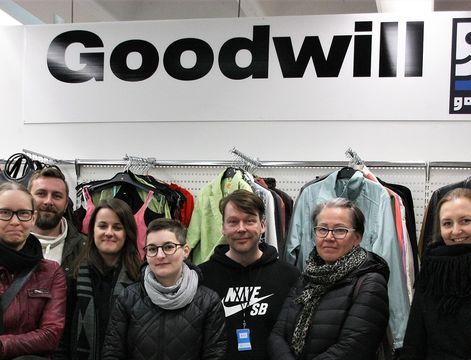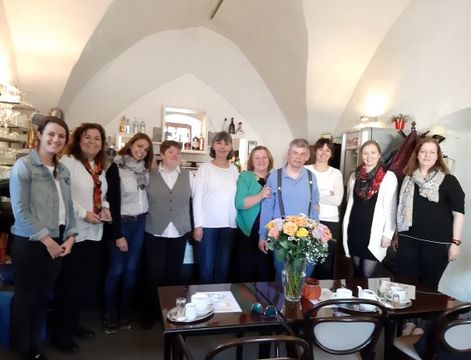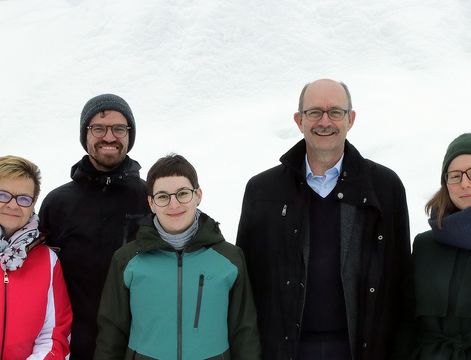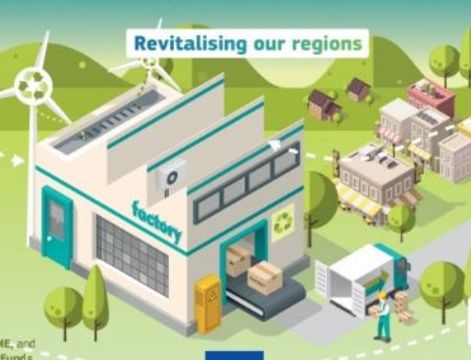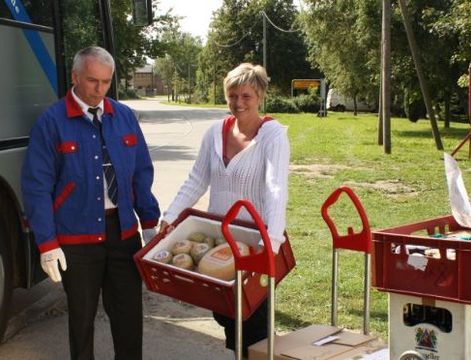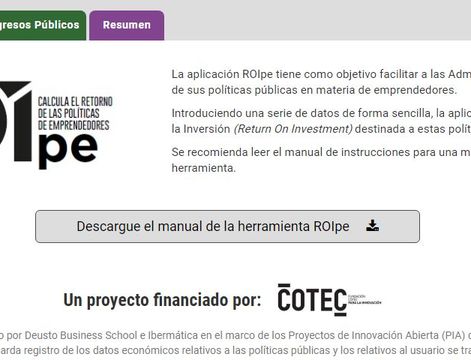Goal of the seminar: Presenting and discussing good practices from the project regions and other parts of Europe to help facilitate their uptake and provide ideas for the Action Plan created in each region.
The seminar took place in Rovaniemi, Finland, with 40 participants from the project’s partner organizations as well as key stakeholders:
• General Directorate for Social Economy and Self-Employed Persons – Regional
• Government of Castile and Leon (Lead partner – Spain)
• NGOD Cives Mundi (Spain)
• Social Impact (Germany)
• Lapland University of Applied Sciences (Finland)
• Not-for-profit organization EPIC (Slovakia)
• Ministry of Labour, Social Affairs and Family of the Slovak Republic (Slovakia)
The programme was designed by Lapland University of Applied Sciences in cooperation with the project’s lead partner and Cives Mundi as well as the Lappish key stakeholder and policy maker the Regional Council of Lapland. The seminar was co-hosted by the ERDF-funded project “Arjen turvallisuuden kansainvälinen yhteistyö”, which aims at securing basic services in sparsely populated areas.
Lapland UAS’ vice rector Reijo Tolppi opened the meeting, followed by introductions to the seminar’s topic and the SOCENT SPAs project by Mikel Irujo, Delegation of the Government of Navarra to the EU and Paula Arriba, project manager, General Directorate for Social Economy and Self-Employed Persons – Regional Government of Castile and León. The seminar was divided into two parts.
In the morning session, one of the focal points was on a good practice from the Greater Manchester area, UK. The Greater Manchester area’s administrative bodies have focused on the impact public procurement from local resources has on the local economy. One of the main criteria in their procurement process is social impact.
During the panel discussion, the participants highlighted different points on social values in practice, also criticism was voiced. It has pointed out that a common definition of social economy and social enterprises is missing, hence making discussion and comparison difficult. Moreover, missed opportunities to promote the use of local resources and measure impact on municipalities’ procurement decisions were discussed.
Nevertheless, also positive examples were brought forward, such as the new legislation on social entrepreneurship on a national level in Slovakia and the case of Salla. Salla is a very remote municipality, with very few inhabitants and high unemployment. Salla has also been a forerunner in social enterprises as it has provided a platform for the establishment of the Salla Reindeer Park cooperation.
A common theme during the discussion was also the need for cooperation between different stakeholders, such as decision makers, entrepreneurs and locals, as is being implemented by the LEADER groups on a daily basis. This is shown also by the example form the Navarra region, which is highlighting the need for new initiatives and cooperation.
In the afternoon, participants discussed new solutions to regions’ challenges in view of good practices from the four project regions (see appendix 1). The 10 main outcomes of the afternoon session were as follows:
1. No easy solution to the problems of sparsely populated areas, otherwise the same problem would not be present all over Europe;
2. Public procurement can be used in all regions to boost social economy and social entrepreneurship, as seen in the Greater Manchester example;
3. Create good balance between qualitative and quantitative indicators for social impact measurement, as in the best practice from Spain “ROIPE”;
4. Social Economy platform membership could be adopted also in other regions, as shown by the good practice from Lapland;
5. Establish social innovation/enterprise incubator, as shown by the example of Brandenburg;
6. Possibilities/sources for social investments need to be better communicated;
7. Tight cooperation with key target groups needed, to provide solutions that fit them best, as observed by the Finnish example of the ‘maakuntauudistus’ (municipality reform) team, which is travelling through all of Lapland to chat with inhabitants about the upcoming reform, as “when it’s social business you have to socialize”;
8. Engage multidisciplinary teams in the development of social economy and social enterprises, to include the human, legal as well as the technological viewpoint;
9. Attract more financing for social impact measurements and convince the community of the importance that rural areas are more than just problems;
10. Important to see that there a lot of people who deal with the same issues in Europe, so time to scale up the initiatives and confront politicians with these ideas to bring these issues even more on the political agendas.
Here you can download the PDF with all the conclusions of the meeting in Rovaniemi
